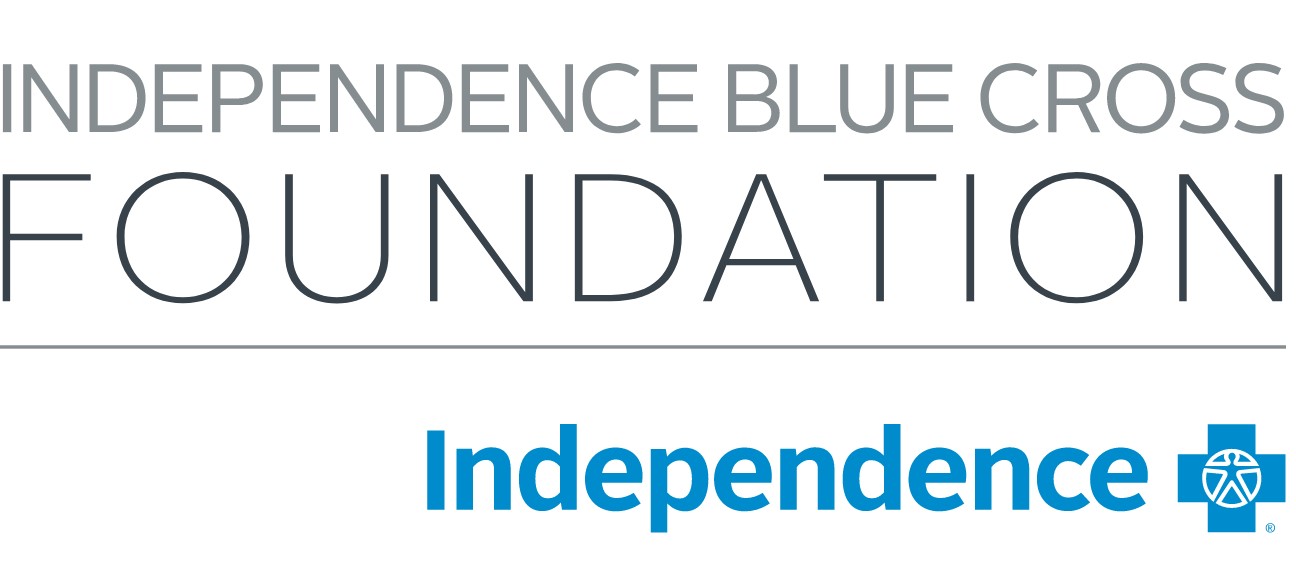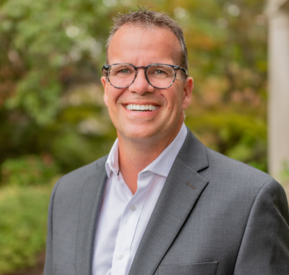 As communities throughout the Philadelphia area and beyond reel from the loss and destruction exacted by addiction in its many forms, Cabrini University has been offering expanded recovery services on campus for students experiencing addiction themselves, or within their families and friend groups. These efforts have grown in scope and strength in 2022 thanks in part to a Collegiate Recovery grant from Independence Blue Cross Foundation’s Supporting Treatment and Overdose Prevention (STOP) program.
As communities throughout the Philadelphia area and beyond reel from the loss and destruction exacted by addiction in its many forms, Cabrini University has been offering expanded recovery services on campus for students experiencing addiction themselves, or within their families and friend groups. These efforts have grown in scope and strength in 2022 thanks in part to a Collegiate Recovery grant from Independence Blue Cross Foundation’s Supporting Treatment and Overdose Prevention (STOP) program.
The prevalence of highly addictive prescription drugs and the emergence of fentanyl as an often lethal opiate additive have created a new frontier in America’s long struggle with drugs and alcohol. The game has changed, said Pat Brown (ʼ15), LCSW, Adjunct, Social Work, and state-certified interventionist for substance abuse.
“Everything is different,” said Brown, who is supervising the grant program and leads a weekly recovery meeting at 2pm each Tuesday in Grace Hall 247. “I’m a parent of a college student. The difference between my time at 20 [years old] versus today is: readily available drugs…and a single use could equal death. That didn’t really exist when I was 20.”
While many focus on some of Philadelphia’s most impoverished neighborhoods or rural Appalachia when discussing the spread of addiction and substance abuse, these are issues inherent in the human condition, permeating even the wealthiest zip codes, Brown said.
 “This doesn’t discriminate,” he said. “If students are struggling at any level with anything, I firmly believe it’s a University responsibility to make resources available however possible.”
“This doesn’t discriminate,” he said. “If students are struggling at any level with anything, I firmly believe it’s a University responsibility to make resources available however possible.”
The grant supported a campus survey to understand the need for recovery assistance at Cabrini, weekly recovery meetings, and for two Opioid Awareness and Overdose Reversal Trainings, led by Gifty Akomea Key, EdD, Assistant Professor, Health and Exercise Sciences, in March and April of this year. More than 30 members of the Cabrini community became certified in the administration of Narcan, a nasal spray employed to reverse overdoses, during the sessions.
Cabrini students, faculty, and staff have mobilized around this initiative in an impressive fashion, said Richie Gebauer, EdD, Assistant Dean, Retention and Student Success, who is overseeing the collegiate recovery grant along with Brown.
“We’re getting the same levels of participation and engagement from students here as some programs that have been in existence for long periods of time on other campuses,” he said.
Gebauer also saw a parallel in the work Mother Cabrini did in her lifetime to build up the people in the communities in which she lived and served.
“We’re living the mission of the institution by serving students who are coming to our campus and who may be grappling with addiction,” he said. “We need to be able to provide support services to help them succeed and to serve them in a way that allows them to grapple with that addiction successfully. What we’re doing here with this program is really fulfilling the work of Mother Cabrini in the way that we hoped it would.”
The support offered on campus is not just for addiction to alcohol or drugs, and students can seek help through the recovery program knowing their anonymity will be protected.
“Every college campus has a gambling problem, some level of eating disorders, mental health issues, and anxiety symptoms,” Brown said.
Embedded in the mission of recovery is the creation of community, and Brown emphasized that he and his team, including graduate assistant Phil Waibel, are providing time and space for students to socialize or work on school assignments.
“If you want to write a paper, come write a paper,” Brown said. “If you want to shoot the breeze, you’re welcome to. It’s not therapy.”
This community welcomes anyone whose lives have been impacted by addiction, directly or indirectly.
“Maybe they themselves aren’t facing addiction, but they have friends or family, or people who hold significance in their life who are facing addiction or have had addiction issues,” Gebauer said. “This is an open space for them as well.”
Students, faculty, and staff who wish to participate in addiction recovery meetings or any other services described in this article should contact recovery@cabrini.edu.